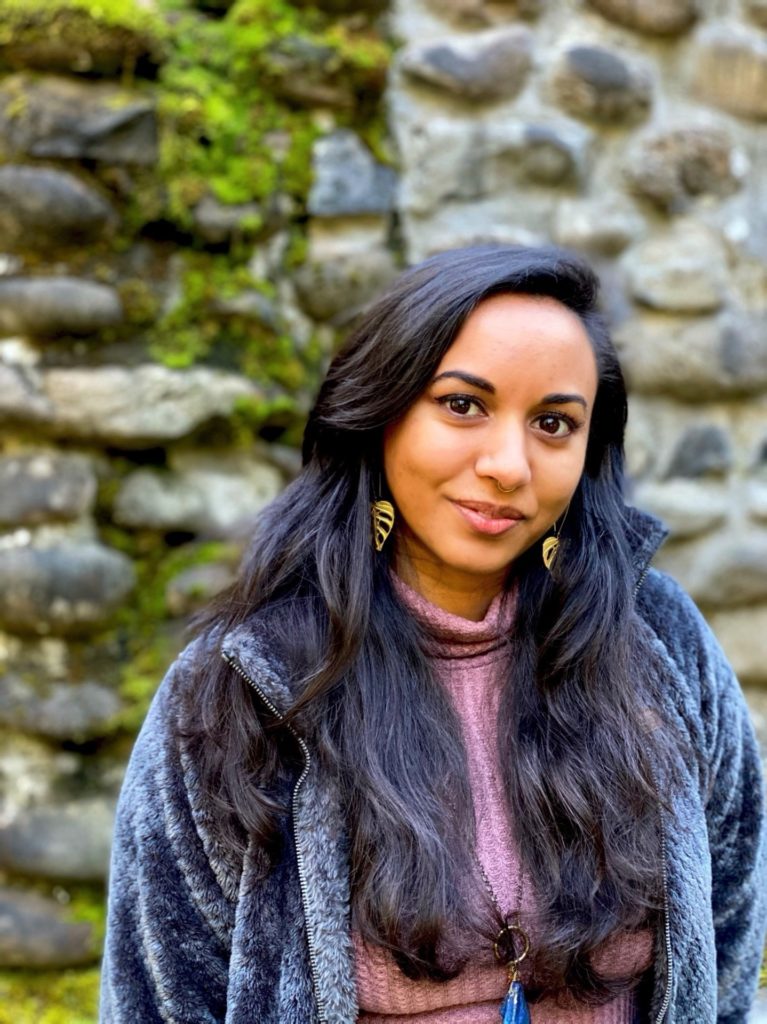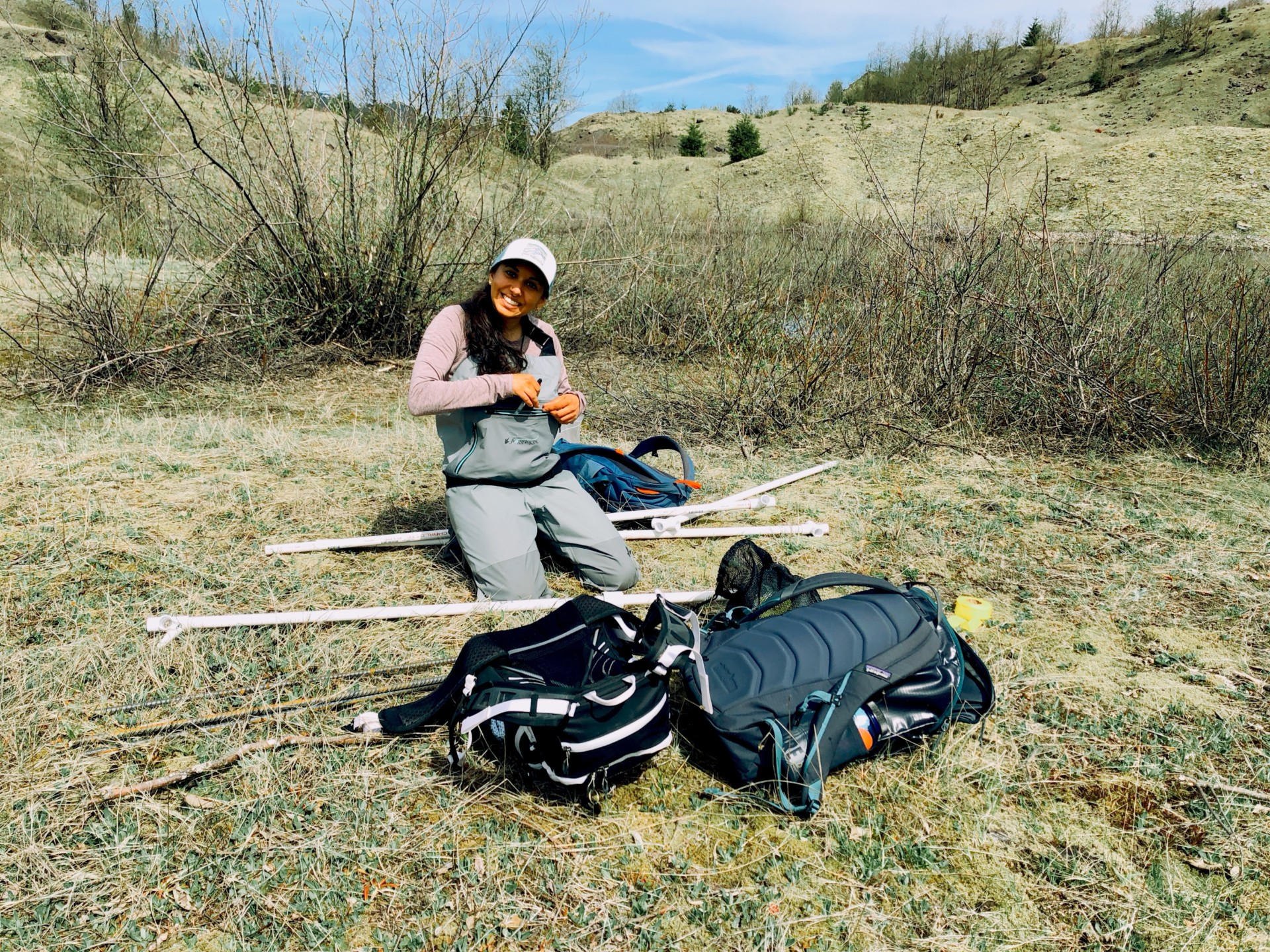
Identifying positionality requires self-reflection.
Positionality addresses how social and political positioning impacts power and privilege. Positionality is not static. For example, one’s ability status can change, altering their lived experience.
“I invite people interested in engaging with Indigenous science research and education to consider the context that created their intersecting identities and outlook on the world,” said M.S. student Tamara Layden. “I have come to realize that cultivating a diverse and inclusive culture requires change at all levels—from interpersonal to institutional.”
In the past year, Layden developed course curricula and materials that promote social justice at CSU and in the natural resource field, including the blog Understanding roles and positionality in Indigenous science and education.
Advancing Education Award, in honor of MLK, Jr.
In recognition for outstanding achievement in promoting equities in education for underrepresented and racially minoritized students, the CSU Graduate School awarded Layden the 2022-23 Advancing Education Scholarship in honor of the legacy and memory of Martin Luther King Jr. The Graduate Center for Inclusive Mentoring in the Graduate School oversaw the selection process.
“Being biracial with a lifetime of experience navigating diverse spaces has allowed me to nurture a broad and intersectional perspective of science and education,” said Layden.
That perspective informs their teaching and research efforts. In Fall 2022, Layden co-developed and led two new courses related to natural resource management, including a course on social justice in conservation practice (ECOL 592) and a mixed methods course that elevates ethical and just methods in environmental research projects (NRRT 695B).
“What impacted me most about helping to facilitate these courses was the excitement and engagement amongst my peers. There is clear motivation within the student body and beyond to not let these become ‘one-offs’ – we want to build momentum towards meaningful change,” said Layden.
Both courses had a high enrollment of graduate students across departments. Layden believes that this high enrollment underscores the desire to learn about these topics and cultivate skills in social justice advocacy within the natural resource field.
“Tamara invested a significant effort in developing course content which resulted in a course that increased student knowledge on social justice in conservation, and was well-received by students, according to course survey results,” said Sara Bombaci, assistant professor in Fish, Wildlife and Conservation Biology.
Indigenous Land and Data Stewards Lab Resource Hub

For more than a year, Layden has also worked as an Indigenous Pedagogy graduate collaborator in the Forest and Rangeland Stewardship Department for assistant professor Dominique David-Chavez, Director of the Indigenous Land & Data Stewards Lab. In this position, Layden helped launch the Indigenous Land and Data Stewards Lab Resource Hub, a website linking to resources for self-guided learning. Layden co-authored four blog posts hosted on the hub.
“Working on these blogs allowed me to further cultivate my own understanding and help to support a diverse audience both within and outside academia,” said Layden.
Layden’s blogs are referenced by researchers, prospective students, and instructors navigating research dynamics, learning about academic collaborations, and developing new course material.
“Tamara is a dedicated, thoughtful, community-minded scholar, scientist, communicator, and leader,” said David-Chavez. “Their ideals and personal mission truly honor Dr. Martin Luther King Jr.’s legacy for civil rights and equity.”